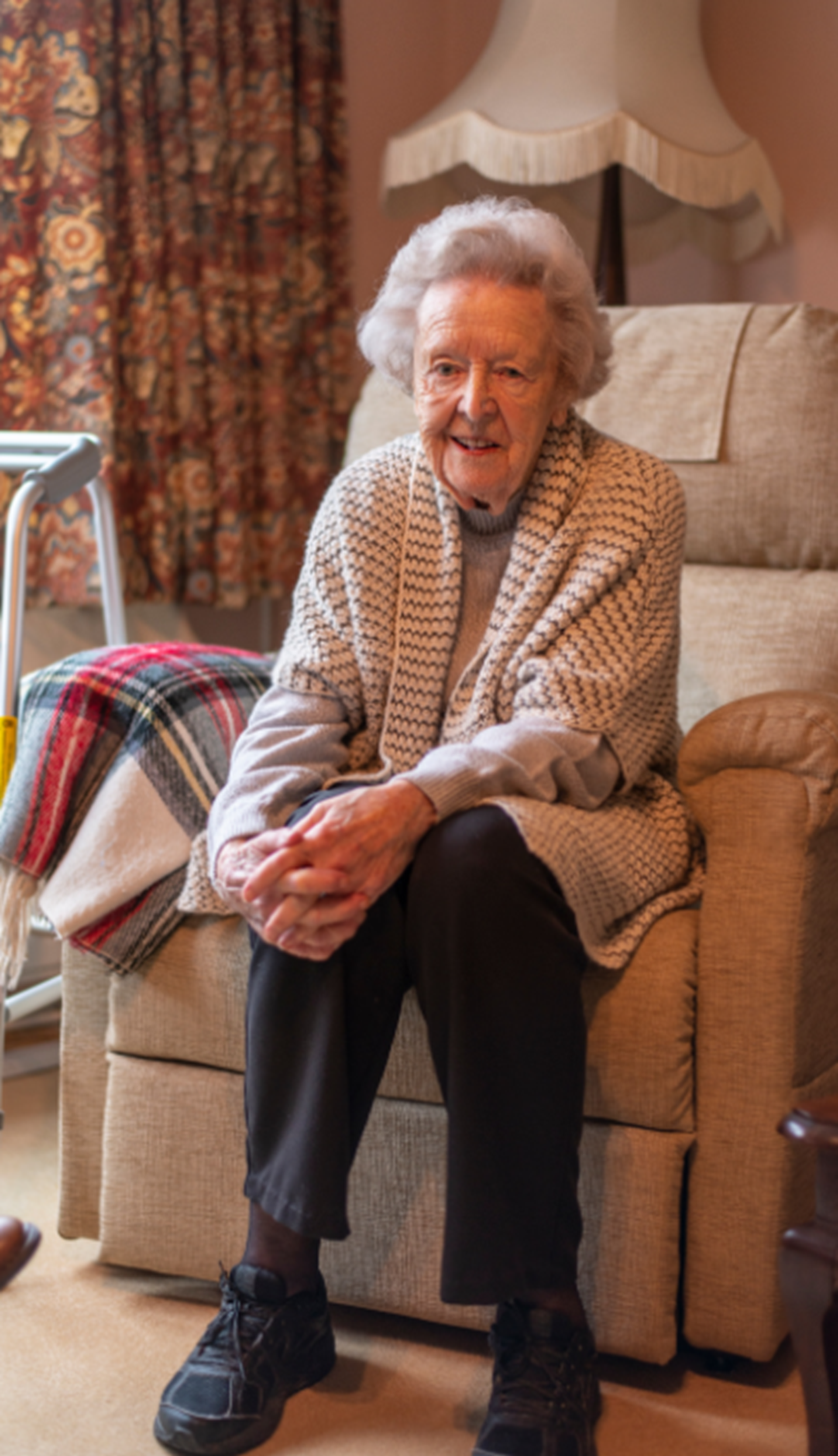Building Relationships: The key to successful person-centred care
Published: 12/01/2024
Person-centred care is the approach to healthcare that places the individual at the core of the care experience. It is about recognising that each person is unique and that their needs, preferences, and values should guide their healthcare journey. At the heart of person-centred care is building relationships. In this blog, we'll explore the importance of person-centred care, how it builds trust and rapport, the central role of communication, and the value of collaborative decision-making in building strong, successful healthcare relationships.
We can discuss personalised homecare support either over the phone or in person with a free assessment in your home with one of our lovely care managers. Just give the Right at Home Alton and Bordon team of carers a call today 01420 481716
The Importance of Person-Centred Care
Person-centred care is a personalised focus on how healthcare is delivered. It acknowledges that healthcare is not a one-size-fits-all model and that individuals deserve care that aligns with their unique needs and values. This approach emphasises the importance of respecting the dignity and autonomy of the person receiving care, ensuring their voice is heard, and their choices are honoured.
The shift towards person-centred care is vital for achieving better health outcomes and enhancing the overall well-being of patients or clients. It's about recognising the individual behind the medical condition and understanding their goals, fears, and aspirations. To accomplish this, building strong relationships between healthcare providers and the person receiving care is of utmost importance.
Building Trust and Rapport
Building relationships in person-centred care begins with building trust and rapport. Trust is the foundation upon which all meaningful healthcare relationships are built. Patients or clients must feel that their healthcare providers have their best interests at heart, that their concerns are taken seriously, and that they are treated with respect and empathy.
Rapport, on the other hand, is about creating a connection between the healthcare provider and the individual. It involves active listening, showing empathy, and demonstrating genuine care. When individuals feel heard and valued, a sense of trust and rapport naturally develops, enabling more effective and person-centred care.
Communication at the Foundation
Effective communication is at the heart of person-centred care. It is the linchpin that ties the entire care relationship together. Open and honest communication allows healthcare providers to understand the individual's needs and preferences, as well as their concerns and fears.
Furthermore, communication is a two-way street. It involves not only conveying information but also active listening. It's about asking questions, showing empathy, and acknowledging the emotional aspects of healthcare. With clear and empathetic communication, healthcare providers can establish a foundation for building a strong, person-centred relationship.
Collaborative Decision-Making
Person-centred care extends beyond the patient-provider relationship and emphasises collaborative decision-making. In this model, patients or clients are seen as active partners in their care. They are encouraged to actively participate in the decision-making process, share their concerns, ask questions, and express their preferences.
Collaborative decision-making is about empowering individuals to make informed choices about their healthcare. It respects their autonomy and allows them to be actively engaged in their own well-being. It ensures that healthcare is not imposed but rather a shared journey where the individual's voice holds significant weight.
Conclusion
Building strong relationships is the key to successful person-centred care. It is the cornerstone that ensures that healthcare is truly centred around the individual. By building trust and rapport, prioritising open and empathetic communication, and embracing collaborative decision-making, healthcare providers can create a more dignified and meaningful care experience. In this approach, the individual is not a patient or client but a valued partner in their own healthcare journey, leading to enhanced health outcomes and well-being.
If you feel that a loved one would benefit from homecare services and would like to find out more, then why not call Right At Home on 01420 481716. One of our experienced team will be happy to help.
Links to related blogs and articles:
https://www.rightathome.co.uk/alton-and-bordon/
https://www.rightathome.co.uk/alton-and-bordon/the-services-we-offer/
https://www.rightathome.co.uk/guildford-and-farnham/news-item/caring-for-your-elderly-loved-one-a-guide-to-elderly-care-services/

